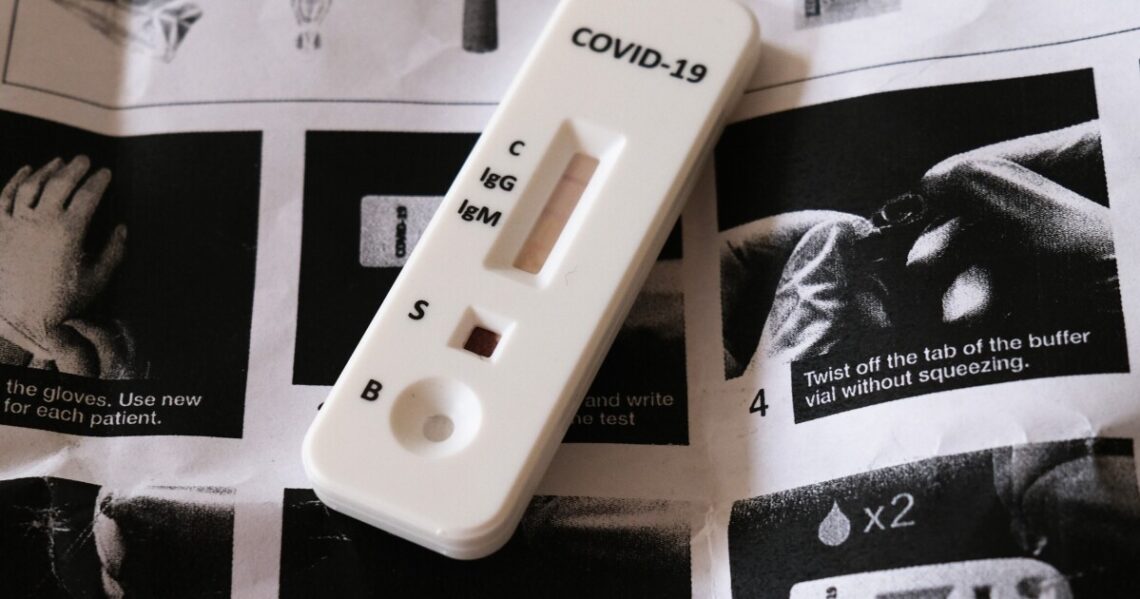Medicare coverage for at-home COVID-19 tests ended last week, but the scams spawned by the temporary pandemic benefit could have lingering consequences for seniors.
Medicare advocates around the country who track fraud noticed an eleventh-hour rise in complaints from beneficiaries who received tests — sometimes by the dozen — that they never requested. It’s a signal that someone may have been using, and could continue to use, seniors’ Medicare information to improperly bill the federal government.
The U.S. Department of Health and Human Services’ Office of Inspector General has received complaints from around the country about unsolicited tests being billed to Medicare, said a top investigator. Earlier this year, the office posted a fraud warning on its website, urging consumers to report this and other covid-related scams.
“Unfortunately, most of these schemes are the result of bad actors receiving stolen Medicare beneficiary information,” Scott Lampert, assistant inspector general for investigations, tells KFF Health News.
Medicare numbers on the dark web
Being targeted once can mean a person is vulnerable to future scams. A stolen Medicare number can be used repeatedly to get payment for all kinds of things or sold to other fraudsters, says María Alvarez, who oversees New York state’s Senior Medicare Patrol. The organization helps identify and educate beneficiaries about Medicare fraud throughout the country.
“If you have someone’s Medicare number, you can bill Medicare for procedures, tests, drugs, services, and durable medical equipment,” Alvarez says. “On the dark web, Medicare numbers are more valuable than credit…
Read the full article here







